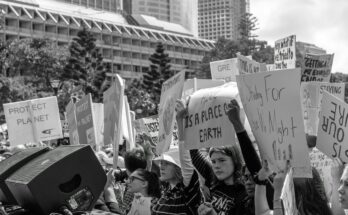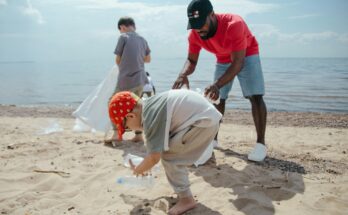To better the environment is initiated by making improvements on a personal, community, and global level. Here are several ways identified to make an impact:
1. Reduce, Reuse, Recycle
Use reusable items to minimize waste: these are things like a water bottle, shopping bag, etc.
Recycle materials like paper, glass, and plastics so that they don’t end up in landfills.
Compost organic waste so that less methane is released into the atmosphere because of food scraps that decompose.
2. Save Energy
Use energy-efficient appliances and lights—around energy-efficient bulbs and long-lasting LEDs.
Electrical appliances can consume energy even in standby mode, so unplug when not required.
Use or subscribe to renewable energy sources such as solar or wind.
3. Conserve Water
Repair leaks; use low-flow fixtures.
Limit activities that require large use of water, such as excessive watering of the lawns and washing of vehicles.
Use rainwater for outdoor activities.
4. Opt for Sustainable Transport
Walk, bike, pool rides, or use public transport wherever possible.
Choose an electric vehicle or hybrid to help cut down on greenhouse gas emissions.
Campaign for better land transport systems in your community.
5. Buy Green Products
Buy local, organic, and sustainably sourced products.
Say no to single-use plastic and overpackaged items.
Support businesses that have ecologically sound practices.Protect Natural Resources
Plant trees and assist in afforestation to reduce deforestation.
Avoid those products that lead to the destruction of their habitats (for example, unsustainable palm oil).
Participate in or donate contributions to wildlife and habitat conservation programs.
6. Educate and Advocate
Educate fellow members of the neighborhood on environmental issues occurring in your area.
Support environmental policies and those of its leaders in putting sustainable development on a priority list.
Join or establish local environmental groups to act together on these issues.
7. Reduce Carbon Footprint
Eat a plant-based diet or decrease meat consumption.
Cut back on air travel or engage in the carbon-offset programs instead.
Adopt energy-efficient building practices like adequate insulation techniques.
8. Responsible Consumption
Live minimally. Buy only what you need.
Repair and repurpose before you decide to toss it all away.
Share or borrow instead of purchasing new ones.
9. Start Cleanup Activities
Get involved with various cleanup efforts around the neighborhood: city cleanups, beach cleanups, and park cleanups.
Organize community cleanups to tackle littering and pollution.
Dispose of hazardous waste properly.
Every little thing counts towards a bigger cause. Individualism paired with some combined advocacy can do wonders for the environment for generations to come. Start Cleanup Activities
Get involved with various cleanup efforts around the neighborhood: city cleanups, beach cleanups, and park cleanups.



